We said never again. But it's happening right now, and we are doing nothing to stop it.
Here's what is going on with Rohingya in Myanmar and why we should be doing much more.
'Never Again'
Image Credit: Public Domain / Wikimedia
This is what world leaders solemnly promised in the aftermath of World War II, and that promise was the start of the international human rights system. After the horrors of the Holocaust, the world united to agree on minimum standards of dignity – that is, human rights – for all human beings.
Human rights were given weight by the Universal Declaration of Human Rights and later made enforceable in Europe under the Human Rights Convention. But what is happening in Myanmar shows that the world's promise of "never again" does not always apply. We really need to talk about what's going on, but more crucially, we need to take action and do something about it.
How Did We Get Here? The Story of the Rohingya in Myanmar
Image Credit: EU Echo / Flickr
The Rohingya crisis didn't happen overnight. As always, there were many warning signs. Institutionalised discrimination has been going on for decades, stemming from long-simmering ethnic and religious frictions which were rooted in colonial rule. This has also been exacerbated by the military's xenophobic nation-building agenda.
Rohingya Muslims have existed in the country for centuries. Myanmar, previously known as Burma, has always been mostly Buddhist, but under British colonial rule in the 1820s migrant labour was encouraged to expand rice cultivation. Many Muslim workers from neighbouring Bengal came to the country and the Rohingya community (which has been present since the 12th century) expanded rapidly – tripling between the 1870s and 1910s.
Broken Promises and Rebellions
A refugee camp in Bangladesh. Image Credit: Steve Gumaer / Flickr
British rulers promised the Rohingya separate land in exchange for support, hence why they sided with them during WWII. After the war though, when Myanmar gained independence from British rule, the Rohingya were denied the promised autonomous state and, at the same time, they were excluded from Myanmar's population. In 1950, a Rohingya rebellion broke out and was eventually crushed by the army, who called and treated them as terrorists.
After the 1926 military coup, the situation further deteriorated in the 60 years of military rule. In 1978, a heavy-handed government campaign for citizens' registration pushed more than 200,000 Rohingyas to flee to Bangladesh. In 1982, a new citizenship law branded Rohingyas as illegal immigrants, effectively making them stateless and depriving them of their most fundamental rights. At the beginning of the 1990s, 200,000 Rohingyas flew to Bangladesh to escape forced labour, violence and persecution at the hands of the army.
A Transition to Democracy Gone Wrong
Image Credit: Wally Gobetz / Flickr
A democratic transition has been ongoing since December 2010, when opposition leader and Nobel peace prize winner Aung San Suu Kyi was released from house arrest. But things for the Rohingya did not improve, at all. Some even said the democratic transition actually inflamed things. Rohingyas were not included in the census nor allowed to participate in the first democratic elections.
A text book example of ethnic cleansing
Zeid Ra'ad al-Hussein, UN
Violence has been greatly escalating in the past two years. Violent attacks in October 2016 and August 2017 by the Arakan Rohingya Salvation Army sparked an intense crackdown by the Myanmar military. Massive "clearance operations" have been going on ever since, with Rohingya villages being burned to the ground and survivors telling brutal stories of murder, rape and torture.
Since August 2017 alone more than 600,000 Rohingya have fled. Embarking on a long and dangerous journey to neighbouring Bangladesh, they have joined hundreds of thousands who fled in earlier waves of ethnic violence.
The Rohingya refugee population in Bangladesh is now topping more than 1 million. However, to make matters worse, the country has repeatedly pushed back refugees and is now even talking about offering sterilisation in refugees camps.
Why Aren't we Calling it Genocide?
Image Credit: United to End Genocide / Flickr
The Rohingyas have been commonly dubbed "the world's most persecuted minority"for a while. According to the United Nations human rights' chief, what's going on in Myanmar is "a text book example of ethnic cleansing".
The situation in Bosnia and in Rwanda (that is, years of concerted dehumanisation campaigns building up to mass murders) – arguably meets the criteria for being described as a genocide under international law. Many have drawn parallels to Myanmar.
Calls from academics to label the atrocities against Rohingyas as genocide are on the rise. In fact, the Yale Law School's human rights clinic released a report suggesting the persecution of the Rohingya fit the legal definition of genocide before the last two cycles of violence in Myanmar.
A genocide is taking place, but there is taking place, but there is little chance the international community will effectively mobilise to stop it
David Simon. Yale University
That notwithstanding, though, world leaders appear very reluctant to use the word "genocide". The hang-up is a clause in the UN Genocide Convention that requires them to "prevent and punish" it, something the international community is neither willing nor able to do.
David Simon, Director of the Genocide Studies Program at Yale University, added: "A genocide is taking place, but there is little chance that the international community will mobilize effectively to stop it. Questions of national sovereignty and self-interest have almost always trumped international concerns about human rights."
A Human Rights Symbol Ignores a Genocide?
Image Credit: UN Geneva / Flickr
The inertia of international community also somewhat depends on its leader Aung San Suu Kyi being one of the most celebrated human rights icons of our age.
The Nobel peace laureate has completely failed to call out on the atrocities being committed against the Rohingyas, in what has been called "the clearest act of complicity". Suu Kyi's transformation into "genocide apologist" has prompted requests to take away her Nobel prize as well as other honours bestowed to her on grounds of her human rights activists.
The inability of the international community to take any action despite being faced with the most atrocious human rights violations shows a dismaying measure of the state of art of human rights. And this should motivate all of us to keep pushing – harder and stronger – to see the Rohingya genocide acknowledged and accounted for. We said "never again." Now it is time to show we really meant it.

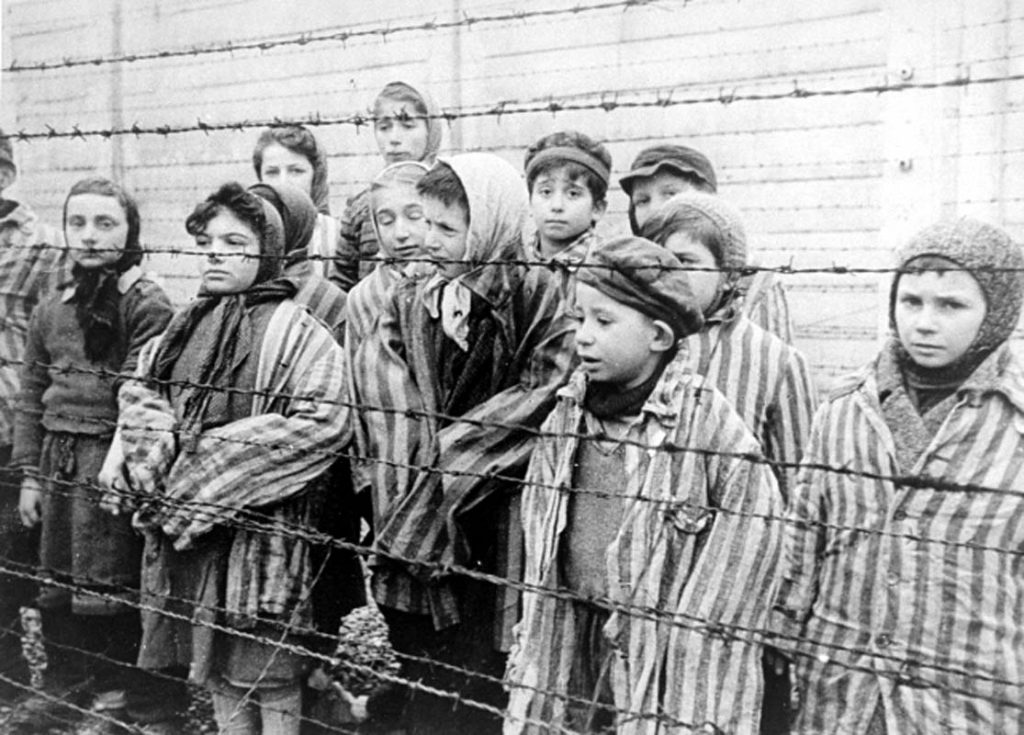
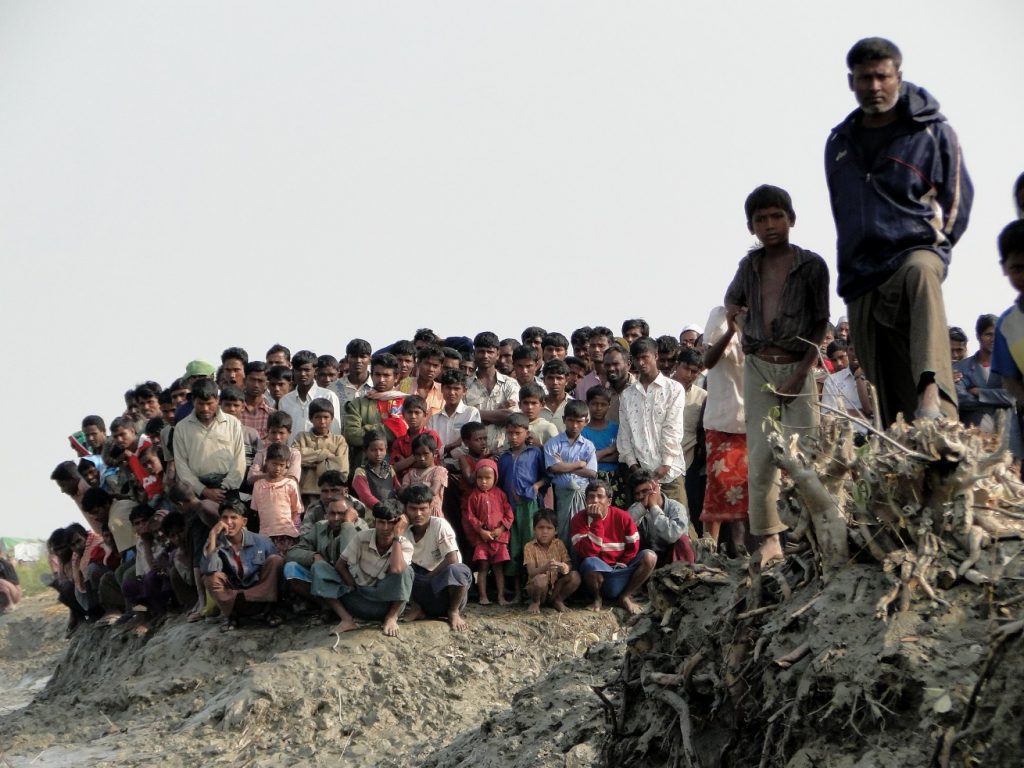
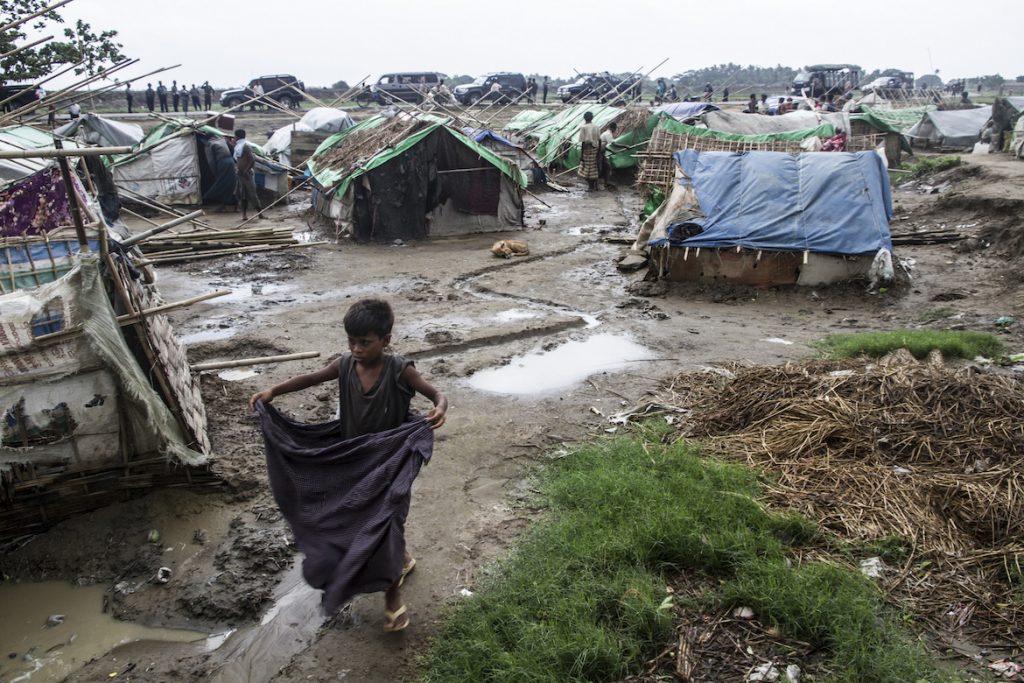
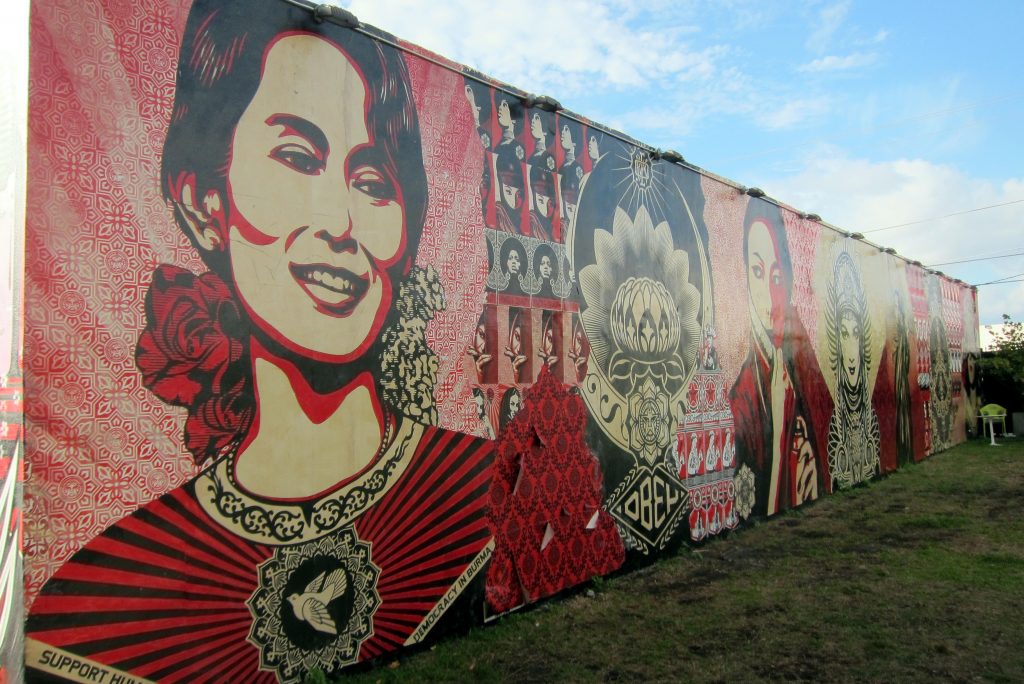
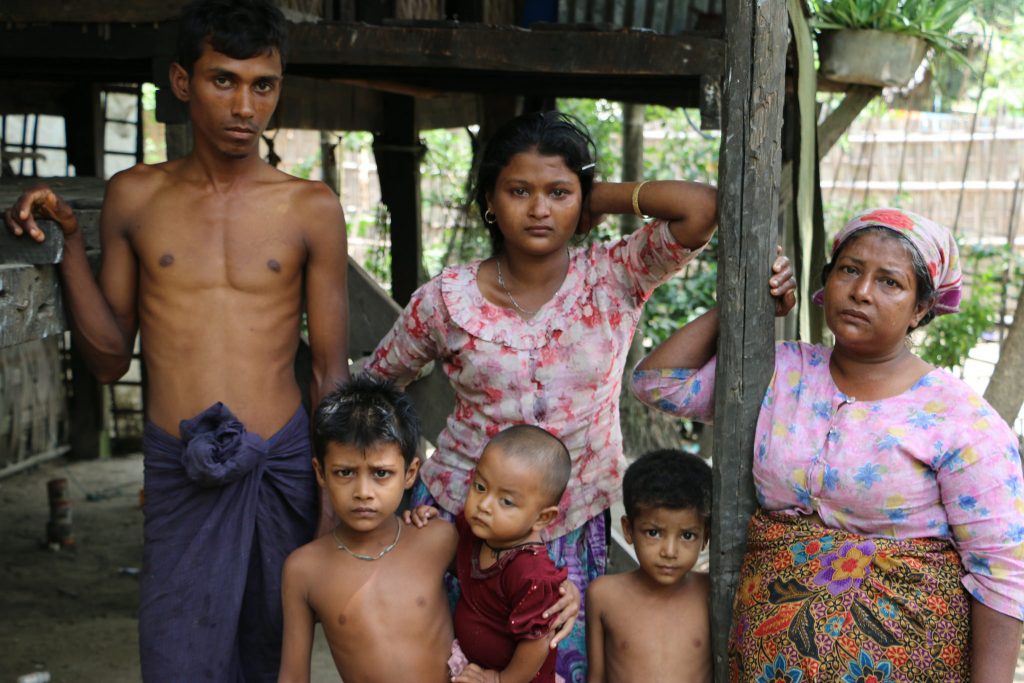
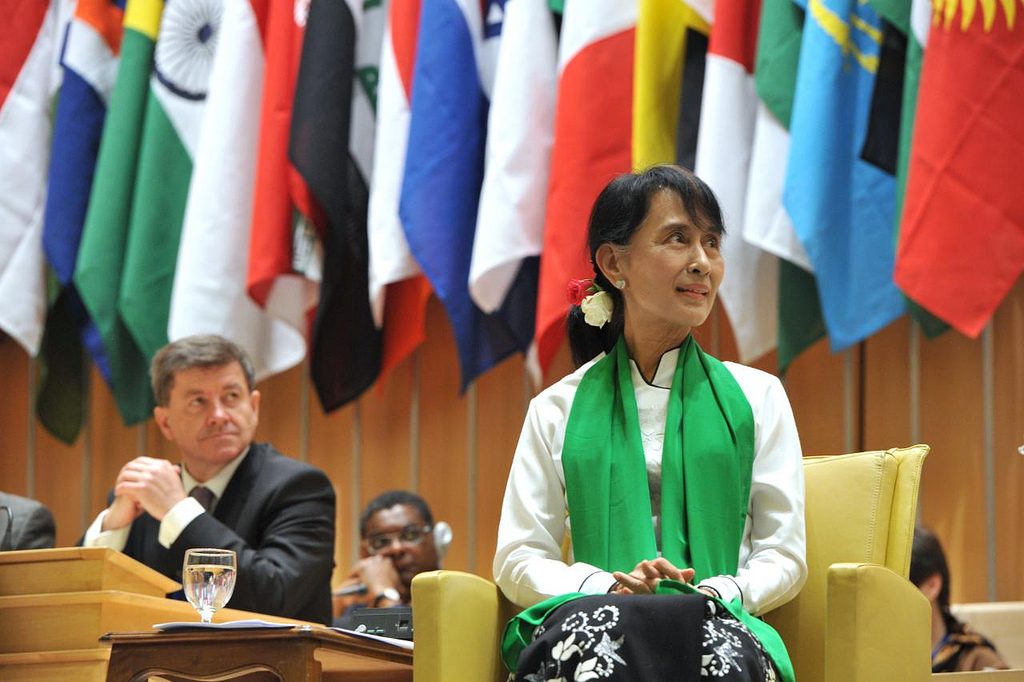
No comments:
Post a Comment
Your comment will be approved soon and your email will not be published.. thanks..